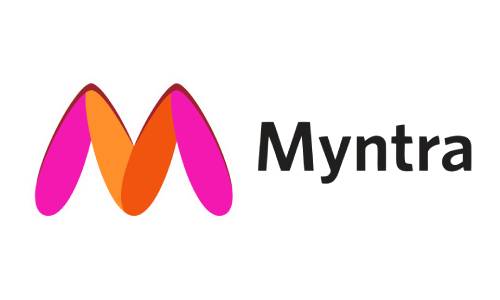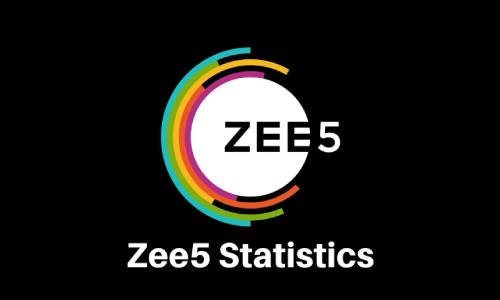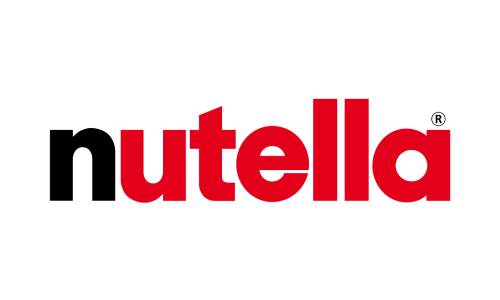OUR CLIENTS
INFLUENCERS VS. CONTENT CREATORS
Because there’s a lot of overlap, the two are often conflated. However, all influencers are content creators (people who create some sort of content, whether that’s video content, Twitch video-game streaming, pictures on Instagram, etc), but not all content creators are influencers. No matter how damn hard we try.
Some content creators stay anonymous, or deliberately decide not to build a following. Other creators don’t do brand deals or generally don’t prioritize profiting from their content. Generally speaking, though, by our definition, the majority of content creators are, in fact, influencers in their own right. Just maybe teeny tiny ones.


WHAT IS INFLUENCER MARKETING PR
So, we understand internet stars. We get their role in society. But what does that have to do with public relations? Well, with the rise and proliferation of social media, brands saw these creators and thought, “I’m gonna make money off of that.”
Hence, the brand deal was born. More and more brands started tapping the shoulders of these creators and offering them buckets of cash to create brand awareness and get their audiences to try their products and services.
INFLUENCER MARKETING BY THE NUMBERS
- Influencer marketing is set to generate set to generate approximately $24billion by the end of 2024, according to Influencer Marketing Hub. 84.8% of their 3,000 survey respondents who use influencers felt like influencer marketing was worthwhile
- 81 % Of consumers reported being interested in products or services based on recommendations from influencers
- One UK study found that consumers were over twice as likely to trust influencers over a company website
- Adweek reports that 92 % of consumers trust recommendations from others over branded content.
- Influencer marketing is particularly popular with younger demographics who are notoriously difficult to market to
- Tik Tok remain the most popular social media platforms for marketers
Getting an accurate pulse on the state of influencer marketing is a chaotic business at best. Because influencer marketing has such a wide range of audiences and niches, it can be challenging to know how much is being spent, how successful the campaigns are, and the future of influencer marketing (though sources like the State of Influencer Marketing 2024 report suggest that influencer marketing continues to grow year on year).
TL;DR: it doesn’t seem to be going anywhere anytime soon.

FREQUENTLY ASKED QUESTIONS
Is influencer marketing effective in Dubai?
Local special circumstances: Dubai is known for its high internet penetration rate and tech-savvy population. This makes it an ideal market for influencer advertising, as consumers are active on social media platforms and are receptive to digital marketing strategies.
Is influencer marketing risky?
Risk 1: Fake or low-quality influencers
One of the biggest challenges of influencer marketing is finding the right influencers for your brand and goals. Some influencers may have fake or inflated followers, engagement, or expertise, which can damage your reputation and waste your budget.
Is influencer marketing worth it?
71% of people are more likely to buy if it’s recommended by influencers they trust. 82% of brand’s leads from influencer marketing are better quality than other campaign types.
What is PR in digital marketing?
Digital PR is short for Digital Public Relations. It’s a set of marketing strategies to raise brand awareness and online presence. The goal of digital PR is to help brands enhance their online identity and visibility. Higher social mentions, backlinks, and referral traffic are some of the main goals of digital PR
Is PR better than marketing?
Whether public relations (PR) or marketing is more important depends on a company’s or organization’s specific context and aims. Both public relations and marketing are essential in promoting a company’s image, products, and services. They do, however, serve various purposes and take distinct approaches.














































